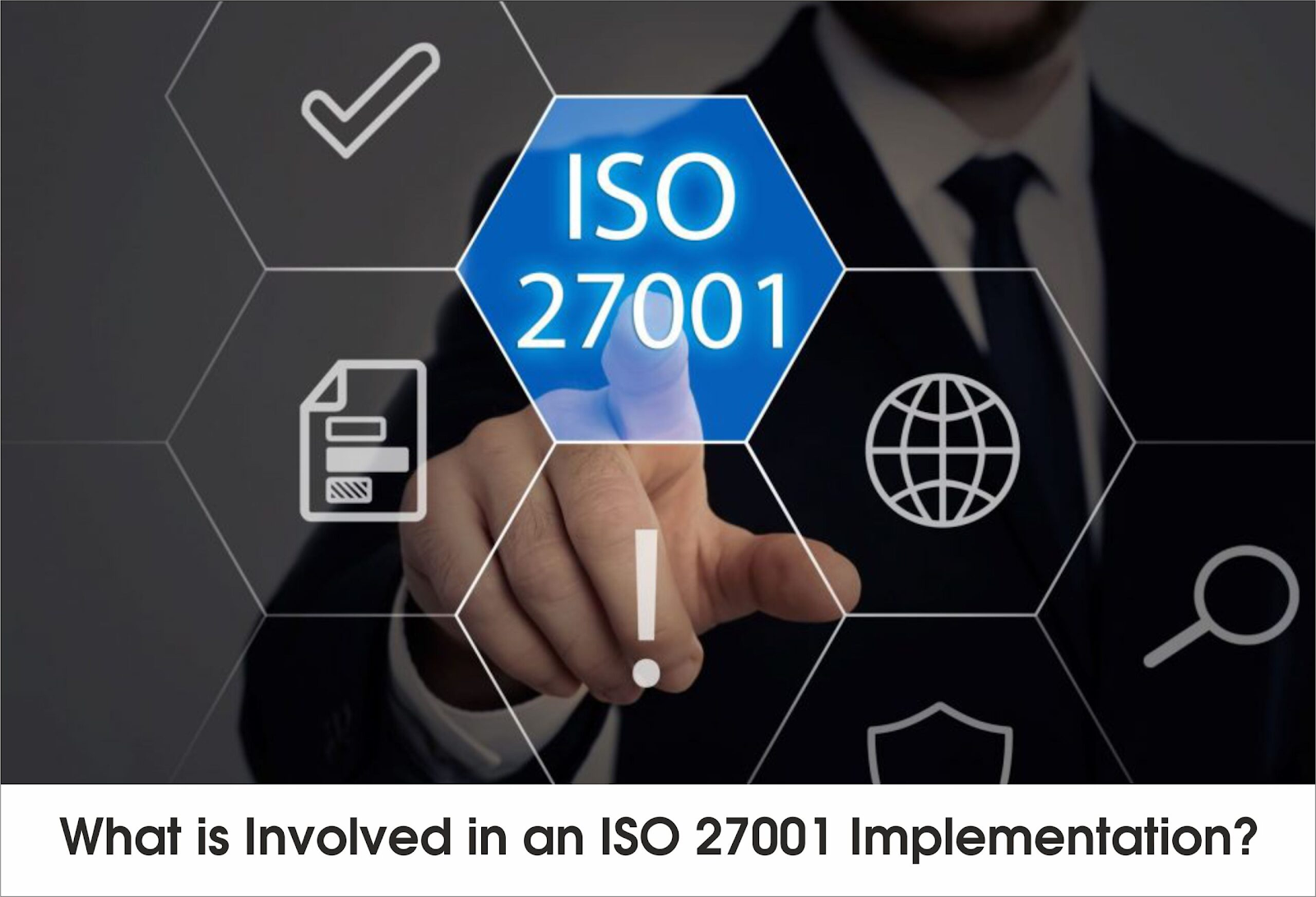What is the pre-requisite for an ISO 27001 certification

Achieving ISO/IEC 27001:2022 certification ISMS involves several steps, and there are certain prerequisites that organizations should address before pursuing certification. Here are some key prerequisites for ISO 27001 certification: Leadership Commitment: Senior management commitment is essential. Top management should demonstrate leadership and a clear commitment to establishing, implementing, maintaining, and continually improving the Information Security Management System (ISMS). Understanding of ISO 27001: It's important for the organization's leadership and key personnel to have a good understanding of the ISO/IEC 27001:2022 standard . This includes knowledge of the requirements, principles, and processes outlined in the standard. Risk Assessment: A thorough risk assessment is a fundamental prerequisite. Organizations need to identify and assess information security risks to determine the potential threats, vulnerabilities, and impact...







